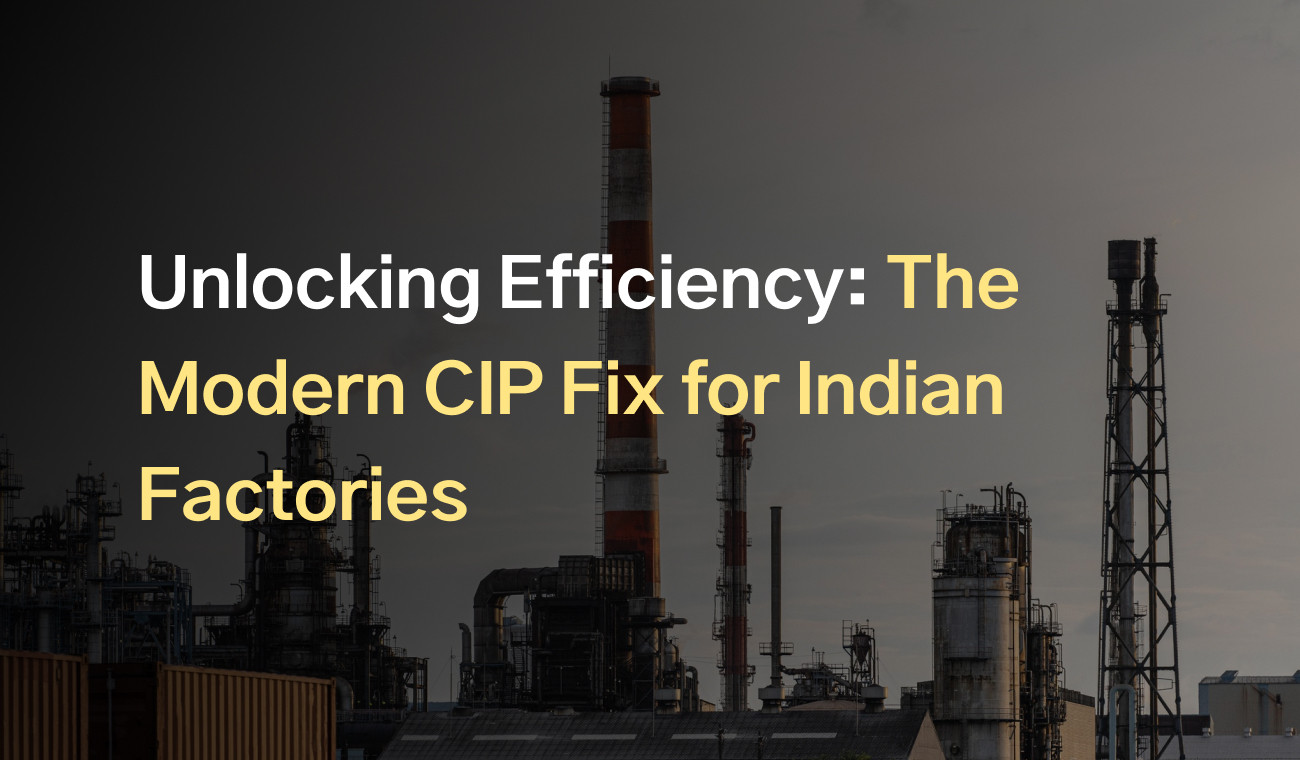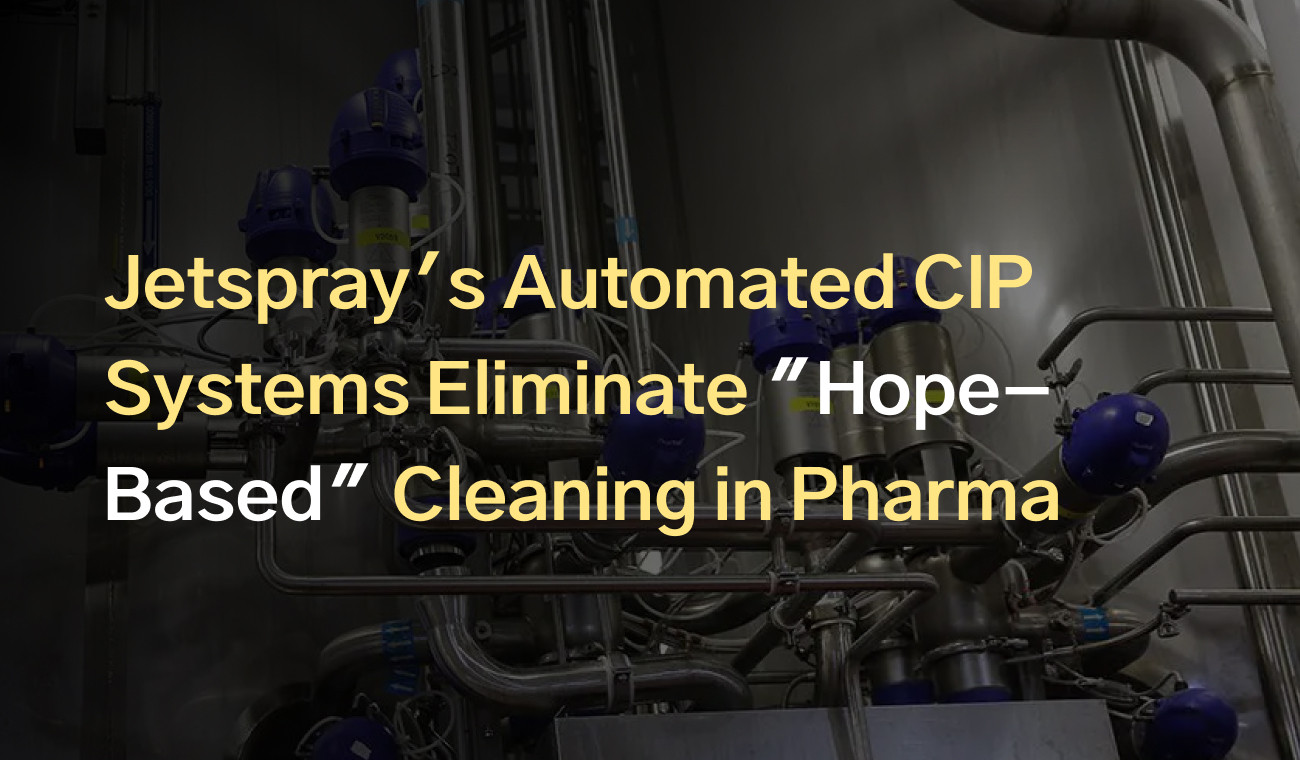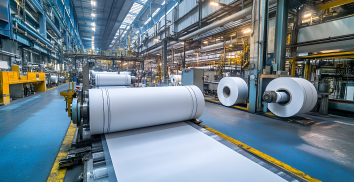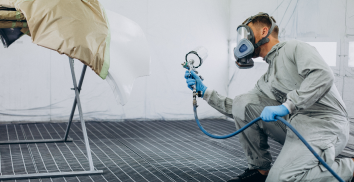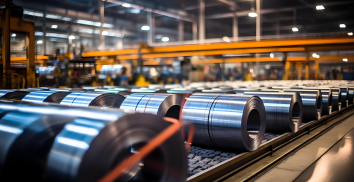PTFE Spray Balls: A Practical Guide to Their Benefits and Limitations
A spray ball is a fixed or rotating cleaning device installed inside tanks and vessels. It disperses cleaning fluid in a 360° or targeted spray pattern to remove residues from internal surfaces.
.png)

By Charles Pandian
In process-driven industries such as pharmaceuticals, food and beverage, and chemical manufacturing, maintaining hygienic and contamination-free equipment is non-negotiable. At Jetspray Innovations Private Limited, we specialize in advanced cleaning systems, and among the most reliable components we engineer are PTFE Spray Balls.
Designed for Clean-in-Place (CIP) applications, spray balls play a critical role in ensuring effective, consistent cleaning of process vessels, tanks, and reactors. When manufactured with PTFE (Polytetrafluoroethylene), these spray devices offer a host of performance benefits, along with some limitations that must be considered when selecting the right cleaning technology.
What is a PTFE Spray Ball?
A spray ball is a fixed or rotating cleaning device installed inside tanks and vessels. It disperses cleaning fluid in a 360° or targeted spray pattern to remove residues from internal surfaces.
When constructed using PTFE, the spray ball gains exceptional chemical resistance, non-stick properties, and thermal stability, making it particularly well-suited for high-purity applications and aggressive CIP media.
Advantages of PTFE Spray Balls
1. Superior Chemical Compatibility
PTFE is chemically inert and resistant to nearly all corrosive cleaning agents, including strong acids, alkalis, and solvents. This makes PTFE spray balls ideal for pharmaceutical, biotech, and chemical environments, where aggressive sanitization protocols are standard.
2. Non-Stick, Hygienic Surface
The naturally non-adhesive surface of PTFE minimizes product buildup, microbial retention, or contamination, enhancing cleanability and hygiene compliance. It’s an ideal choice for FDA-regulated industries and sterile manufacturing environments.
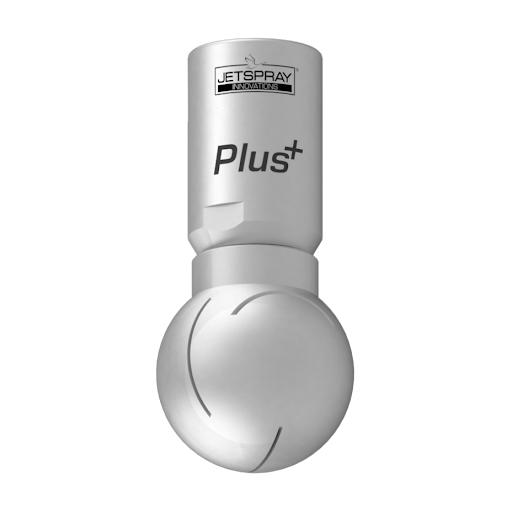
3. Maintenance-Free Operation
PTFE’s self-lubricating properties and durability ensure long service life with minimal wear, even under high-pressure spray cycles. This reduces system downtime and eliminates the need for frequent part replacements.
4. Thermal Resistance
PTFE performs reliably in a wide temperature range—typically up to 180°C (356°F)—making it suitable for hot water or steam-assisted cleaning cycles, depending on the system’s design.
5. Lightweight and Easy Integration
Compared to stainless-steel spray devices, PTFE spray balls are lightweight, corrosion-proof, and easier to install, especially in systems requiring minimal mechanical stress on tank connections.
Limitations of PTFE Spray Balls
Despite their performance advantages, PTFE spray balls are not universally applicable. Understanding the boundaries of their capabilities is essential for proper system integration.
1. Limited Mechanical Strength
While PTFE offers excellent chemical and thermal resistance, it has relatively low mechanical strength compared to metal counterparts. In high-impact or high-pressure systems, reinforced designs or metal spray balls may be better suited.
2. Not Ideal for Abrasive Fluids
Spray balls are designed for cleaning, not for handling abrasive slurries or particulate-heavy liquids. PTFE spray balls may degrade faster under such conditions, reducing their cleaning efficiency and lifespan.
3. Cost Considerations
While offering long-term value, PTFE spray balls typically carry a higher initial cost compared to basic stainless-steel alternatives. However, the return on investment is justified in high-purity, corrosion-prone applications.
When to Use PTFE Spray Balls
PTFE spray balls are a preferred solution when your application demands:
- High chemical compatibility
- Low contamination risk
- Non-metallic, corrosion-resistant components
- Sterile or cleanroom-grade performance
Applications include:
- Pharmaceutical and biopharmaceutical manufacturing
- Food and beverage processing (especially allergen-sensitive lines)
- Chemical blending and formulation vessels
- Cosmetic and personal care product manufacturing
- Laboratory-scale fermenters and reactors
Conclusion: The Right Fit for Critical Cleaning
At Jetspray Innovations, we engineer cleaning solutions that meet the highest standards of compliance, hygiene, and operational excellence. PTFE spray balls represent a reliable, low-maintenance solution for demanding CIP environments—but their value is maximized only when applied correctly.
We recommend PTFE spray balls for industries and systems where chemical resistance, product purity, and equipment longevity are critical. For systems facing mechanical stress or abrasive materials, our team can guide you toward the most suitable cleaning technology—be it static, rotary, or hybrid spray devices.
Looking for a cleaning solution built to perform under pressure? Trust Jetspray. Precision cleaning, redefined.
Share on
Tags: nozzles


